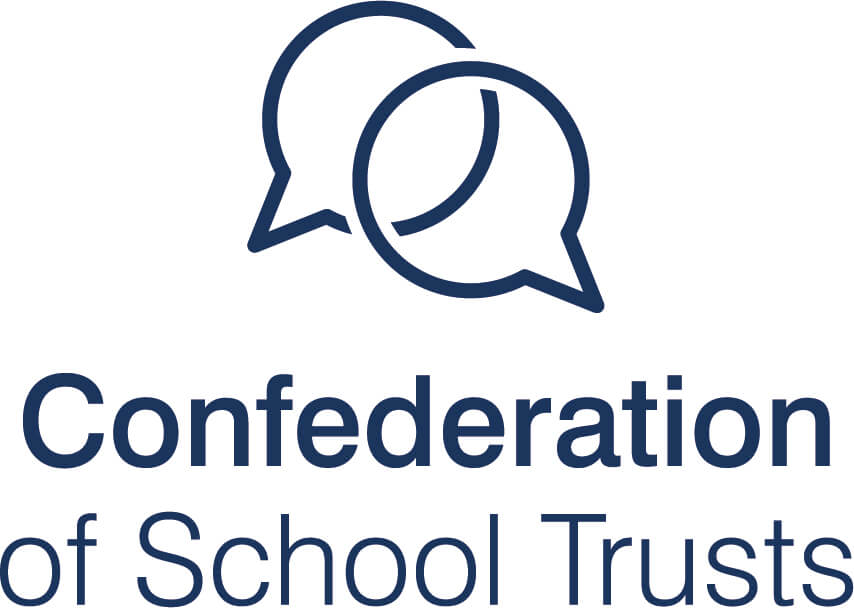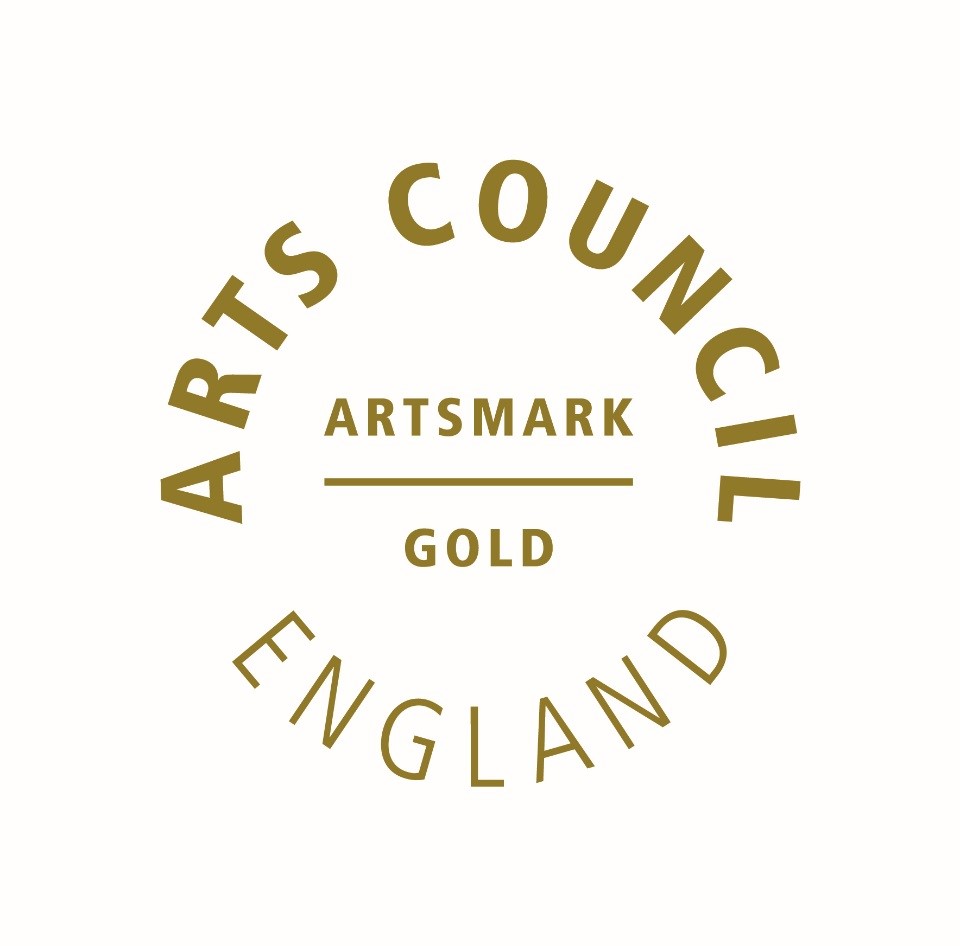How we assess in EYFS
Within our EYFS Curriculum, children are assessed continuously whilst we are interacting with the children. Our observations then inform future planning, including planning for our learning environment as well as individual children’s next steps in their learning.
Prior to children starting, staff spend time speaking to the child’s parents to gain an understanding of the whole child and where they are at. In Nursery, baseline assessments are made within three weeks of the child starting. Further assessments are then completed in Nursery during the year. In Reception, children take part in the Reception Baseline Assessment – more information can be found about this by clicking on this link – Information for parents reception baseline assessment. The purpose of this is to show the progress children make from Reception until the end of KS2. In Reception, assessments are completed termly.
We have worked closely with the other schools within our trust to create checkpoints, which are used to assess children at regular points throughout the year.
Our inclusive approach means that all children learn together, however we also provide effective and focused interventions for those children who are finding learning challenging and are not on track to meet expectations at the end of the year or are showing a greater depth of understanding and need further challenge. We communicate regularly with our parents and carers through daily contact at drop off and pick up, arranged meetings and through Parents Evening. During Parents Evening in October and February, teachers discuss children’s progress and discuss targets and ways to help their child. In July, Parents receive their child’s yearly report, including reporting good level of development judgements at the end of the Reception year.
At the end of Reception, the EYFSP is completed where a teacher judges whether the child has met each of the 17 ELG’s. They will be assessed as either ‘emerging’ or ‘expected.’ Whilst there is no judgement to state if a child is exceeding beyond an ELG, teachers, have a duty to provide a narrative for both parents and the Year 1 teacher. Impact is also evident through our successful transitions into Year 1. EYFS staff have a good understanding of how ELG’s link to the National Curriculum, and through our robust planning and delivery across the spectrum of subjects – both core and foundation – children leave the EYFS stage with the skills, knowledge and confidence to continue their educational journey.







